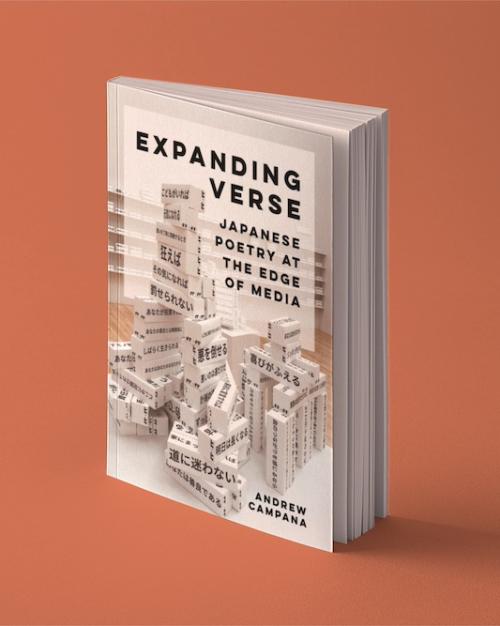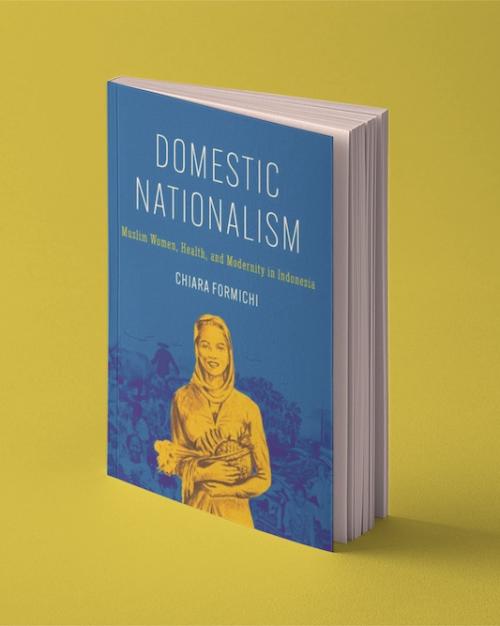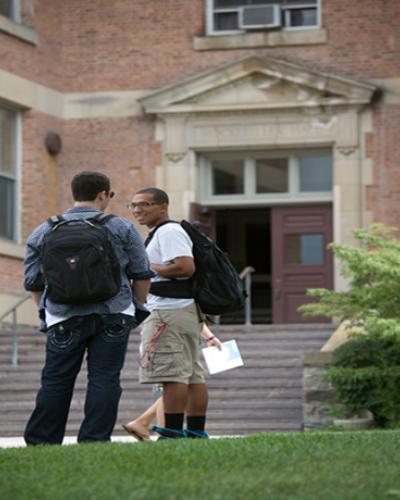MISSION STATEMENT
The Department of Asian Studies is Cornell's primary locus for the study of Asian humanities, a home for teaching and research on the languages, literatures, religions, and cultural histories of three broad Asian areas - East, South, and Southeast. Housed in more than one department in most universities, the gathering of the three areas in Cornell's department has long fostered in its members an interest in trans-regional Asian Studies and increasingly, alternative trans-regionalities: the examination of social, political, and cultural formations that transcend traditional national and areal boundaries, and an effort to reshape the field of Asian Studies through critical innovation.
Our department includes a team of first-class language pedagogues united with professorial faculty whose research agendas are grounded in both premodern and contemporary materials. Most members of our professorial faculty share concerns about the ways in which premodern histories provide the empirical foundation for critical perspectives on modern forms of life, with their interests intersecting in a number of different areas. These include literary histories, reading cultures, translation, and media; intellectual and cultural histories, aesthetic modernities, and visual studies; and the dynamics of religious traditions, past and present. Through the Asian Literature, Religion, and Culture Ph.D. field and the Asian Studies M.A. field, our faculty recruit and train graduate students working in these areas. Members of our department also formally and informally support graduate students with similar interests in other humanistic and social-scientific fields at Cornell and beyond.
Together, we provide students across the university with training in nineteen Asian languages and courses on Asian humanities at all levels, while our majors and minors are able to develop the language skills needed to pursue their focal interests in depth. Our faculty engages with content-based language instruction and critical Asian humanities as crucial tools to pursue analyses of the political, institutional, and ideological structures that underpin discrimination and social disparities.
With research publications, authorship of language learning materials, national and international lectures, video-conferenced language instruction, grant review, leadership on editorial boards, and more, our faculty reach far beyond the Ithaca campus. In our research and teaching, the Department of Asian Studies is a global leader in Asian language instruction, covers more than three thousand years of history, and engages with a region that is currently home to more than half the world's population - people with whom we are ever increasingly connected.
In this historic time of reflection on the origins of modern national cultures and their exclusionary structures, we hold the view that we as scholars must undertake far-reaching examination of how our very critical concepts, not only of "race," but of "racism" itself, may yet perpetuate implicit bias, owing to the history of their conceptual formation. Beyond inheriting knowledge from one generation to another, from faculty to students, we believe in engaging a critical apprehension of our disciplines by attending to contexts of social tensions, ethnic conflicts, and racial discrimination in Asia as well as its historical ties to and comparative implications for the Americas. We seek to decolonize and deprovincialize our notions of Blackness, Indigeneity, and colonial subjectivity by supporting and including the work of scholars from Dalit, Ainu, Hmong, Uyghur, Black, African American, Native American, Indigenous, and other marginalized communities in our research and teaching.
We acknowledge that our building and Cornell University are located on the traditional homelands of the Gayogo̱hó꞉nǫ’ (the Cayuga Nation) and that the historical genealogies of our field and disciplines rest partly in colonial, orientalist and imperialist endeavours. Through the allocation of resources and mentoring, we strive to create an inclusive environment that is welcoming and fostering of a diverse student body. As a Department, we commit to redressing the ways implicit bias and structural violence unevenly affect students' access, academic performance, disciplinary training, professionalization, and security. We see our research and teaching supporting this trajectory towards change as we pursue equity in education and decolonize our spaces, curriculum and disciplines.
LEARNING OUTCOMES
We expect our undergraduate majors to demonstrate:
• The ability to conduct research on the cultural, religious, and/or literary traditions of a particular Asian region.
• The breadth of knowledge to be able to discuss their research imaginatively within broader regional and global contexts and to contribute towards innovating the field of Asian Studies.
• The capacity to critically analyze and contextualize linguistic and cultural norms, political structures, and texts as sites of resistance, oppression, and inequalities in the context of power relations within and beyond Asia.
• Mastery of an Asian language at the second-year level or higher, including critical sensitivity to the target language’s culture and society.
• Written and verbal expression marked by clarity, coherence, intellectual force, and stylistic control.





